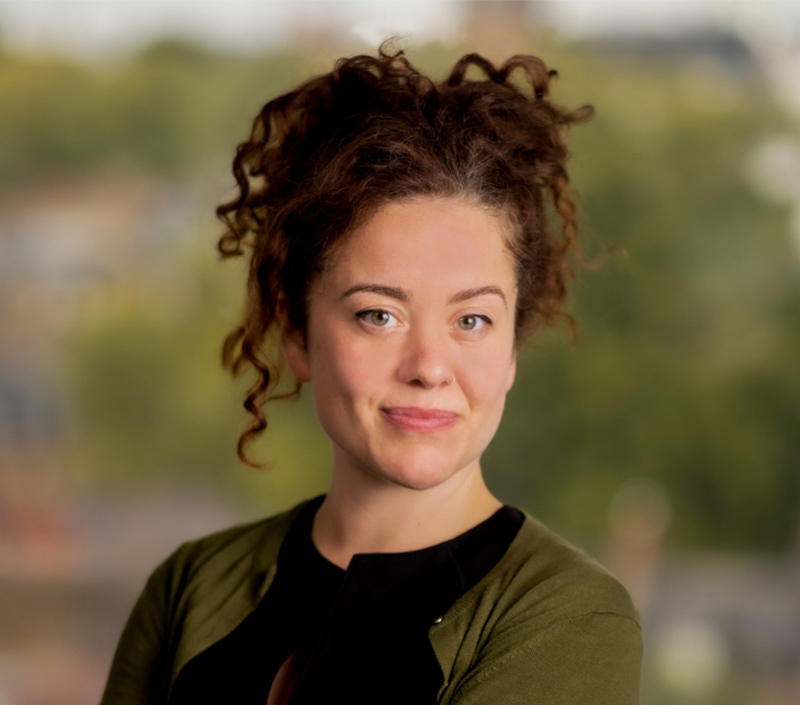The final hearing in the judicial review challenge brought by #ReclaimTheseStreets to the Metropolitan Police’s handling of a proposed vigil in memory of Sarah Everard and in opposition to violence against women is now underway in the Divisional Court at the Royal Courts of Justice. Bindmans LLP acts for the Claimants.
The Claimants called for a vigil to be held at Clapham Common on 13 March 2021 to pay respect to Sarah Everard following her tragic murder. The vigil was also for all women who feel unsafe and face the fear of violence. It was intended to raise awareness and provoke a change in attitudes towards, and understanding of, the pervasiveness of threats faced by women.
It was aimed at allowing women’s voices – which are too often silenced in society – to be heard by politicians, policy makers and the police authorities through a collective expression of grief and anger at the fate of Ms. Everard and other women in society. Above all, the event that the Claimants sought to organise was about a collective physical presence of women coming together to feel safe, supported, and to reclaim public space for Ms Everard and other women who have lost their lives or been the victims of violence.
Lead counsel for the Claimants, Tom Hickman QC of Blackstone Chambers is currently setting out their case. The skeleton argument which sets out the legal arguments in full can be read here.
The background of the judicial review challenge
In summary, the Claimants seek a ruling under the Human Rights Act 1998 that the Metropolitan Police breached their rights under Articles 10 and 11 – the right to freedom of speech and assembly.
The Claimants had from the beginning (with the support of Lambeth Council) prioritised ensuring that the proposed vigil was as safe as possible in the context of the pandemic.
However, the Metropolitan Police made it clear that in their view the vigil would be an unlawful gathering under the Coronavirus Regulations in place at the time. They maintained that they would consider taking enforcement action against the Claimants as the organisers, including by fining each of them up to £10,000, as well as taking action against attendees.
The Claimants decided that in light of the Metropolitan Police’s stance, they could not proceed with the vigil.
It is now clear that the Police were acting pursuant to an established policy and/or practice that gatherings were prohibited and that there was no exception for protest. However, their actions in the run-up to the proposed vigil demonstrate that they did not have due regard to the fact that the Court of Appeal in R (Dolan) v Secretary of State for Health [2020] EWCA Civ 1605 had held that where people participated in gatherings in the exercise of their Article 10 or 11 rights, they may have a ‘reasonable excuse’ to do so under the Regulations.
Whether would-be organisers and attendees would have a reasonable excuse would depend upon the necessity and proportionality of restricting the gathering, which itself would involve an assessment balancing all factors including any measures taken to reduce the public health risks.
In reality, the Police maintained that their officers were entitled to proceed on the basis that Parliament had assessed the risk to public health to be such as to require the Regulations, and that in so doing Parliament had struck the balance for the purposes of Articles 10 and 11.
The Claimants argue that, following Dolan, this approach is wrong in law. The prohibition on gatherings and the absence of an exception for protest does not itself determine whether or not gatherings represent a lawful exercise of Article 10 and 11 rights.
John Halford, Theodora Middleton, and Hannah Cheesebrough of Bindmans LLP act for the Claimants in the case: Anna Birley, Jessica Leigh, Henna Shah and Jamie Klingler. Tom Hickman QC of Blackstone Chambers, and Adam Wagner and Pippa Woodrow of Doughty Street Chambers, are instructed as Counsel.

